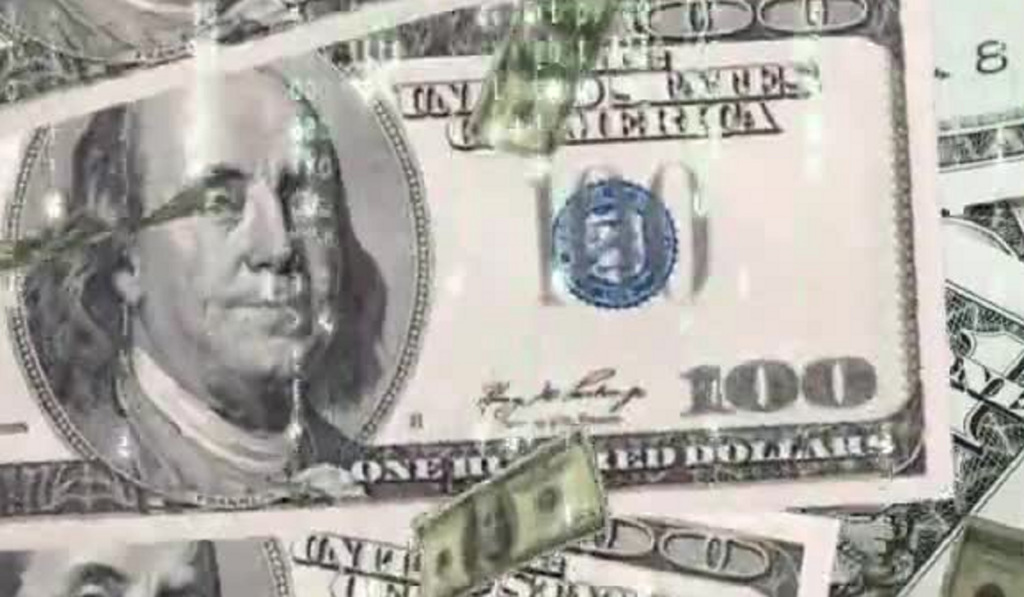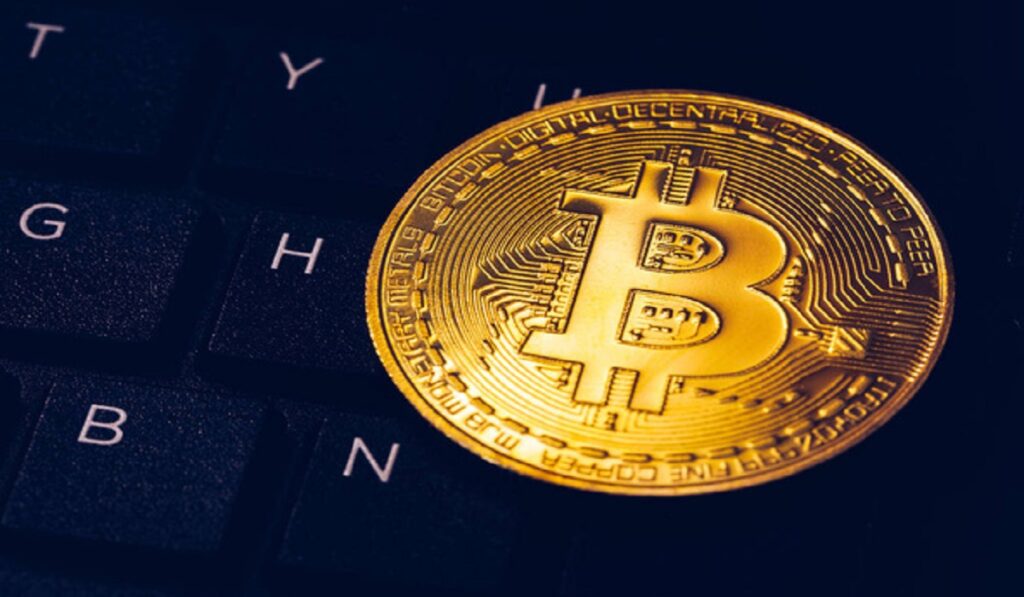White House Considers Creating a Digital Dollar: The Future of Currency?

White House officials are exploring creating digital versions, or “digital dollars”, of US Dollar. Such an initiative could have significant ramifications on both future currency usage as well as global financial systems.
The Digital Dollar (or Digital Dollars, as they’re commonly known) is an official cryptocurrency issued and administered by the US government, functioning similarly to paper money but entirely digital using blockchain technology for tracking all transactions.
Digital currency may bring many advantages; among them are greater financial inclusion for people without access to conventional bank systems, making transactions faster and simpler than before.
Digital currency could provide another tool against money laundering and financial crimes by making transactions easier to track on blockchain technology, and making it harder for criminals to hide their activities.
Digital currencies could pose certain downsides as well, the chief among which would be their potential threat to US Dollar dominance in global financial systems – potentially undermining its status as the primary reserve currency in the global marketplace.
Privacy and security issues remain at the forefront for many. Blockchain technology generally poses minimal risk; however, digital currency still poses potential hazards; yet the US government hasn’t offered solutions on how it would manage such concerns.
Digital currencies have quickly grown in popularity around the globe since their debut. China and Sweden are both conducting pilot programs using them while US authorities conducted several studies that investigated potential advantages and drawbacks of virtual money.
Establishing a digital dollar would mark an unprecedented transformation for global finance and currency systems, revolutionising our perceptions of money while having profound consequences for global economies worldwide.
Though digital currencies may still be new to many people, their concept must still be carefully considered. With technology advancing more nations may explore using it; ultimately it comes down to whether the United States leads or follows this revolution in this arena.

What are the differences between bitcoins and digital money?
The digital dollar distinguishes itself in many ways from Bitcoin and other crypto-currencies.
Digital dollars would be issued and regulated by the US government while bitcoin remains decentralized and does not fall under any form of oversight or regulation from a central authority. Such regulatory oversight could impede adoption or usage rates significantly for digital dollars compared with bitcoin.
Second, digital dollars would be created as stablecoins that correspond directly with US currency values; since Bitcoin and other crypto-currencies tend to fluctuate depending on supply and demand factors in their markets.
Digital currency would rely on blockchain technology, providing an immutable ledger of transactions that is publicly viewable and decentralized in nature – similar to how Bitcoin uses this blockchain tech; however, digital currencies would likely use different networks while adhering to various security protocols and standards.
Though digital currencies like Bitcoin (formerly the digital dollar) may share similar qualities, their designs, governance structures and use cases can differ considerably depending on which government backs it and what purpose is intended. While US or Euro digital dollars were intended as stable replacements for paper money; Bitcoin operates independently from government control as decentralized cryptocurrency.
What will digital dollars be used for? Do digital funds hold international potential?
Digital money would serve the same purposes as paper currency but with additional advantages provided by blockchain technology.
Digital dollars could offer a promising international solution, especially as cross-border payments become easier thanks to partnerships among nations using them as currency between nations.
Note that using digital currency for international payments depends on many variables, including other countries accepting it and any regulatory restrictions present; some nations could even create their own digital currencies that compete directly with digital dollars for use internationally.
Digital dollars provide many possibilities, from international payments and purchases to peer to peer payments and government stimulus payments, all the way up to providing greater financial inclusion for those unable to utilize traditional banks.
Digital dollars will depend on its adoption among individuals and businesses alike, along with regulatory bodies’ and governments’ willingness to promote its usage. Should its popularity surge wide enough, digital currency could play a vital role in global finance systems – though success depends on numerous variables; full impact may take some time before being realized fully.






